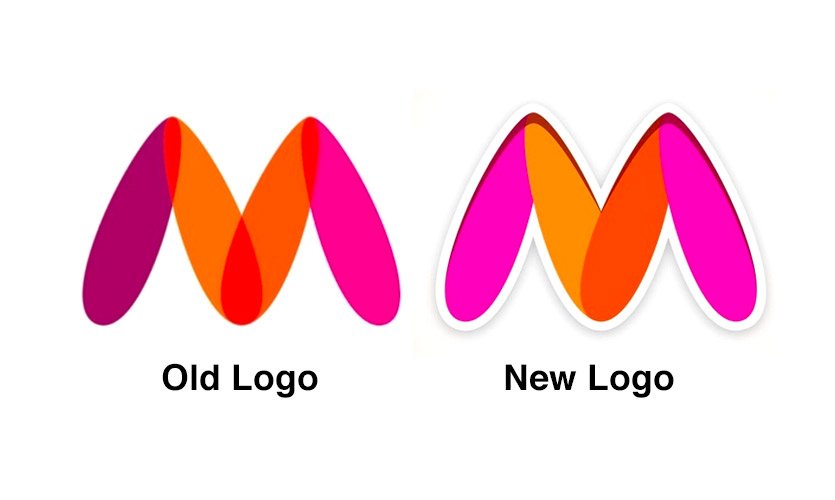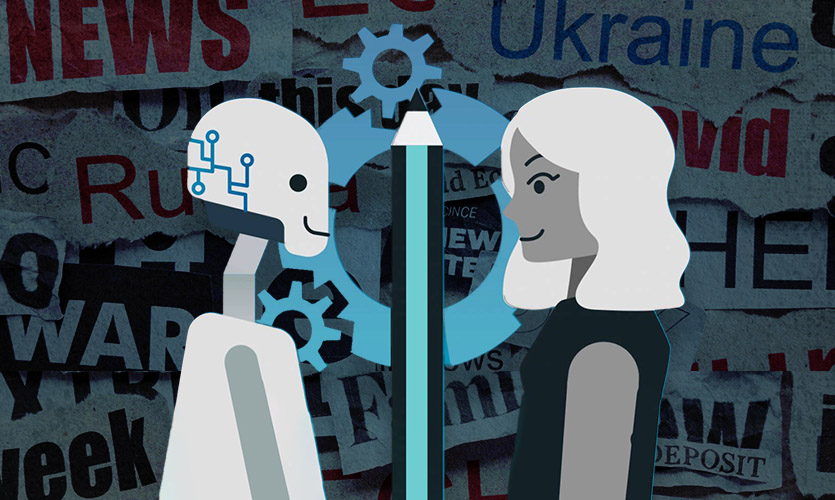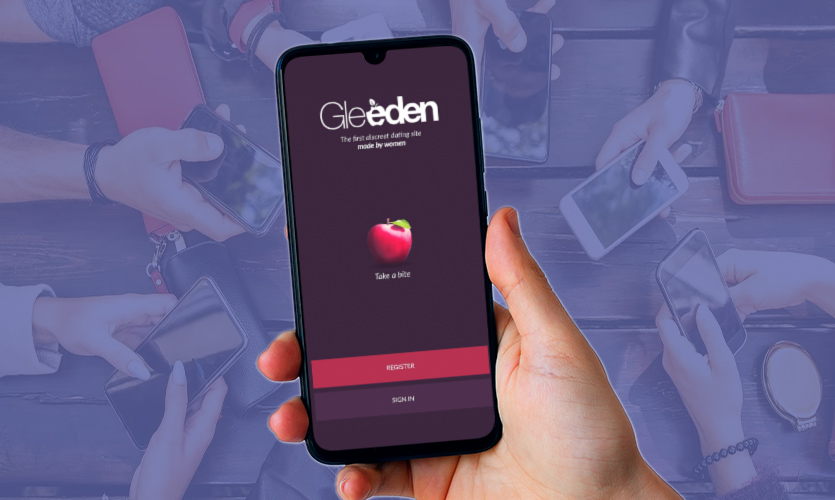In December 2020, a woman activist at Avesta Foundation NGO, Naaz Patel, lodged a complaint with Mumbai Police’s Cyber Crime department, against the e-commerce giant-Myntra. According to the complainer, Myntra’s logo was “offensive and insulting towards women”.
The activist also spread awareness regarding this on various platforms. Consequently, the company has changed its logo. And, subsequently been trolled all over social media as the change is minuscule. But what’s more surprising about the case is that the brand agreed to a logo change. “If we dig deep into the Myntra’s matter, it might seem like that the complaint was based on one’s own perspective rather than really being an issue that affects the society”, says Madhavi Kuckreja, founder of Vanagana, an organization dedicated to protecting human rights of Dalit and Muslim women.

This brings forth one pertinent question: Is vulgarity in the eye of the person who points it out? Myntra’s swift logo change resulted in social media pointing out several other logos that could be deemed as objectifying women. Now that we’ve said this, you only need to take a glance at Byju’s and Airbnb.
However, there’s no denying that brands have in the past used subliminal messaging to gain profits. The McDonald’s logo, in fact, was designed keeping in mind society’s associations with shapes. In 2017, Food Beast reported that McDonald’s had hired renowned design consultant and psychologist Louis Cheskin to design a new logo. The golden-coloured breast-shaped arches would “bring in more customers”. Cheskin referred to the yellow arches as “mother McDonald’s breasts” and claimed that it would subconsciously register in people’s mind and draw them to eat at the burger place more often.
“Jasmine and Snow White are fine examples of Disney using subliminal ways to objectify women”, mentions Dr Indu Subhash, an activist based in Lucknow. “If we question a company, they’ll blame it on society. They’ll say that they portray what is prevalent amongst the commons”, she adds.










